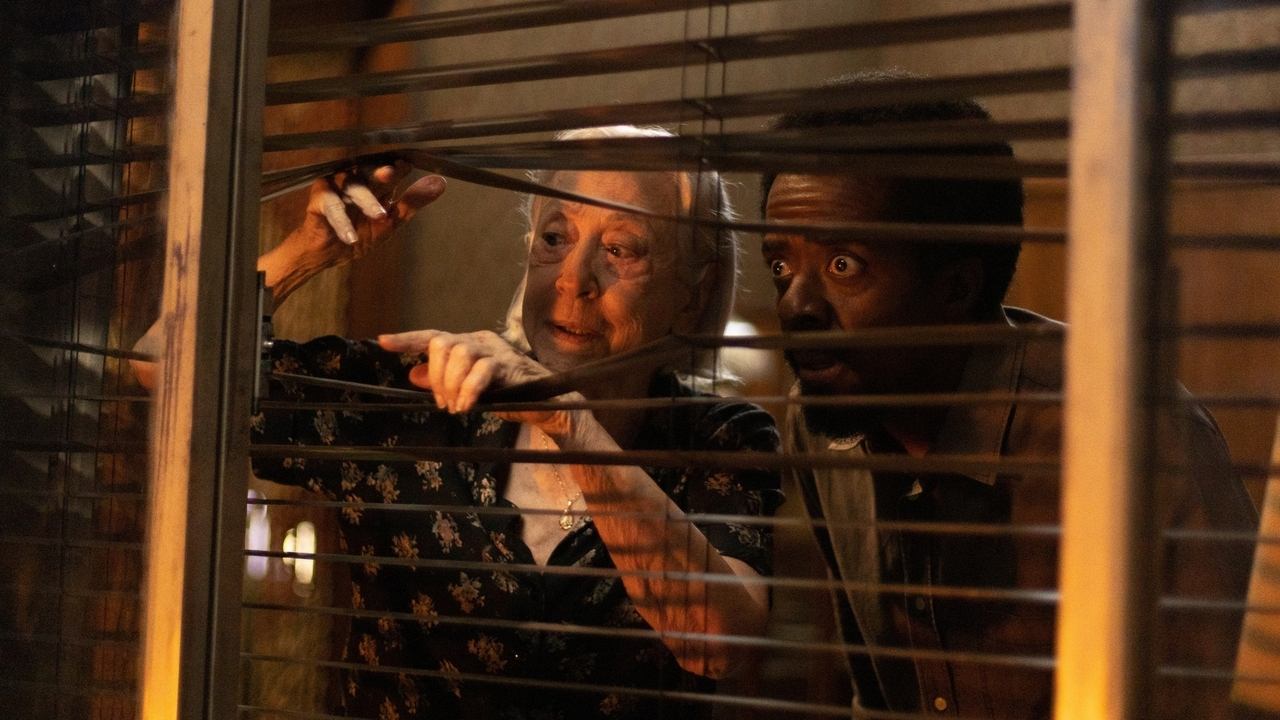
 No results found!
Please adjust your filters or try again.
No results found!
Please adjust your filters or try again.
Vitória

Nina is an elderly woman who lives alone and feels distressed by the increasing violence in her neighborhood. Amidst conflicts with her neighbors, she decides to film the movement of drug traffickers from her window, hoping to assist the police. After months of recording suspicious activities, her initiative attracts the attention of a journalist, who approaches Nina and offers to support her in her mission.



Vitória is a film that transcends the screen; it is an act of courage in its story and a testament to resilience in its production. Carrying the legacy of the late director Breno Silveira and sensitively completed by Andrucha Waddington, the film tells the true story of an elderly woman who, from her window in Copacabana, decides to confront organized crime with a camera in hand. It is a tense thriller and a profound human drama, all anchored by a force of nature named Fernanda Montenegro.
There are no adjectives left to qualify the greatness of Fernanda Montenegro. In Vitória, she doesn't act; she embodies. Her Dona Vitória is not an action hero, but an ordinary woman, full of fears, quirks, and a monumental stubbornness that transforms into an act of extraordinary citizenship. Every gesture, every tired yet determined gaze, every sigh of dread and indignation builds a character of overwhelming truth. It is the kind of performance that, by itself, justifies the entire film and reminds us of the power of a legend in full command of her craft.
The direction brilliantly creates a contrast between the claustrophobia of Vitória's apartment and the constant threat thriving on the street below. The film avoids sensationalism and focuses on the human dimension of the conflict, on the psychological tension of a woman risking everything for a sense of peace and justice. Vitória is a necessary film that celebrates anonymous courage and proves that the most heroic acts are often born from routine and indignation. It is one of the most potent portraits of Brazilian resilience our cinema has produced in recent years.
**Highlights:**
- **Fernanda Montenegro's Performance:** A masterful, powerful, and unforgettable performance that elevates the film to a level of excellence.
- **Impactful True Story:** The plot, based on real events, is an inspiring reminder of the strength of the individual against adversity.
- **Sober and Effective Direction:** The film's direction is sensitive and precise, intelligently building tension without ever abandoning the human drama.
**Conclusion:**
Vitória is Brazilian cinema at its most potent. An emotional and essential film that combines a breathtaking thriller with a deep character study, all unified by one of the world's greatest actresses. It is a work to be applauded, reflected upon, and inspired by.
**Rating:** 10/10